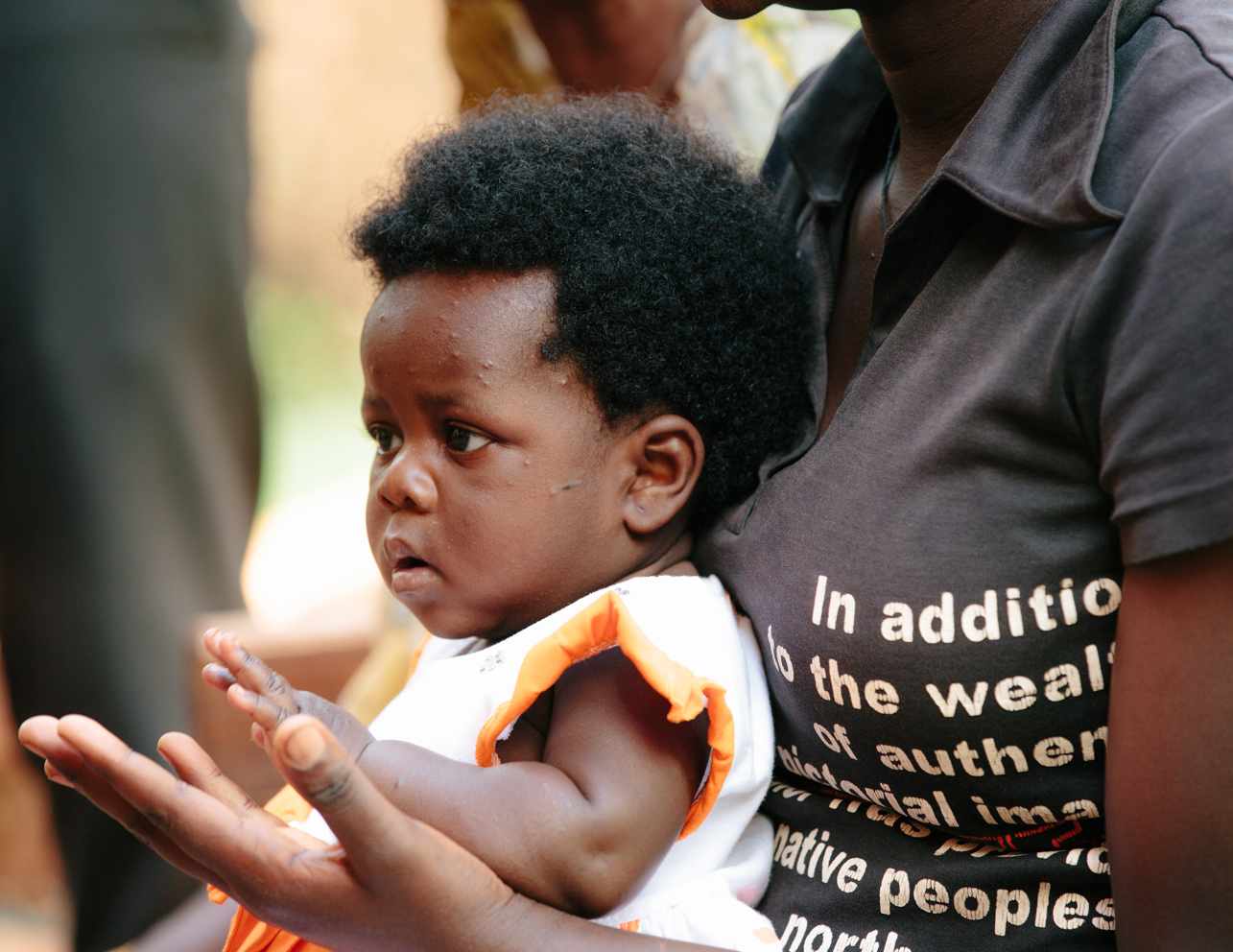Last week at the Story Conference in Chicago, Phil Vischer shared his story. It was a good story, one that included detailed thoughts and commentary about starting Big Idea, voicing “Bob”, and the lessons he learned when he lost it all. Phil is a wonderful storyteller. He’s honest, articulate, and offered some good bits of wisdom for those of us in attendance.
But one of the themes of his talk, a theme that I hear a lot of evangelicals bringing up these days, left me a little frustrated. As Phil told his story, one thread that kept coming up throughout was a personal battle to pursue religion vs. pursuing relationship.
The “Religion vs. Relationship” storyline is not new. Oh, the words we insert have changed a few times over the years. But the basic personal story is the same: One day a person wakes up to find themselves “being religious and nothing like Jesus” which eventually leads that person to make their faith “not about religion, but rather about a relationship with Jesus”.
But like most of these kinds of “awakenings”, when Phil began to describe his newfound “relationship”, what he told us–and I mean, pretty much every single element of the faith he now pursued–was a religious practice, therefore making his “relationship vs. religion” battle rather weak.
Is “relationship” really the antithesis to religion? I don’t think so. Because whether we want to admit this or not, any action or habit or idea that we “pursue” in effort to experience a relationship with Christ is indeed religion. And that’s not a bad thing.
I get why people war against religion. Trust me, I do. I’m not always a fan of “religion” either. But just because I find aspects of “religion” to be less than divine, doesn’t mean I get to call my spiritual pursuance something other than what it is, a religion.
Because unless my Christianity contains no practice or effort or deed or pursuance of any kind, then my Christianity is indeed religion. It can certainly be “relationship”, too. But that relationship does not re-categorize my faith under some different “non-religious” category. Does it?
Maybe it’s just semantics, but how is a “relationship with Jesus” not religion? It could be argued that it’s a “new” religion or a “different” religion–but if one’s relationship contains any form of practice, it’s a religion.
Does the pursuit of religion save us? The answer to that question might depend on your theology or denomination. But I’d say no. However, the pursuit of a “relationship” doesn’t save us either. But often (or usually), spiritual change or awakening happens because we’ve engaged a process or idea or deeper connection to God. And that process, idea, or “connection” is religion.
I guess I don’t understand why so many people are jumping on the “Jesus is my savior not my religion” bandwagon. Because those two ideas don’t have to be at odds. Moreover, those two ideas are pretty much synonymous.
Even Jesus practiced religion. Sure, he challenged the “religions leaders”, often putting them in their place. But that’s because they turned their religion into a way to judge people from atop of their holy pedestals. Still, Jesus used religious elements to engage a relationship with his father. He prayed. He visited the temple. He studied the holy scriptures. Jesus was religious. Sure, he recognized the danger of religion. But he also recognized its usefulness.
In the same way, I recognize the atrocities that people can cause using religion. But in my pursuit of God, I’ve also found value in how religious elements–habits, rituals, etc.–can change me.
For me, my religion is about relationship and my relationship is religious.
Phil’s faith has changed, I believe. He indeed engages Jesus with a new perspective. And while his new perspective is about “relationship”, and that’s great, his relationship with Jesus is still “religion”.
And really, as long as he’s not hurting anybody, I think that’s okay.
Viagra is for the treatment of inability to get or keep an hard-on and similar states when hard-on is of low quality. When you buy remedies like cialis from canada you should know about cialis online canada. It may have a lot of brands, but only one ATC Code. Erectile malfunction, defined as the persistent impossibility to maintain a satisfactory hard-on, affects an estimated 15 to 30 millions men in the America alone. Sexual health is an substantial part of a man’s life, no matter his age etc.






I agree with you 100% that it’s mostly semantic games.
In a blog post I wrote a few months ago, I made the point that Jesus doesn’t want us to reject religion, but He wants to redeem it, just like everything else.
http://redemptionpictures.com/2012/03/27/religion-or-relationship/
I think the issue is that people assume that because one can have religion without a relationship with Christ, the inverse (relationship without religion) must be the optimal way to operate. But I think you point out some practical examples of why that isn’t really the case.
I guess the way I look at it is, yes, religion without relationship is easier to screw up and/or exploit, because the lack of relationship means that no one’s really pushing back when you do it wrong.
But then how do you cultivate a relationship with Christ if you throw out all of the ways in which he demonstrated as being important to how He related to His father?
Yes, yes, yes!!!! Religion is NOT a four letter word and shame on us for making it one. I’ve had a crappy year and have turned back to the comfort of the liturgy (Catholic Mass) to get me through it several times. What many evangelicals would condemn as “religion” has been a quiet, reverent balm to my soul. And it has drawn me into a closer relationship with Jesus when I have needed Him most.
Yes. Amen.
Religion = rules, not practices, for many people. It isn’t the actual actions that you do to cultivate your faith or relationship or marriage or friendship that makes it rote and meaningless. It’s following the rules because that’s how you earn favor or love or heaven.
But we need rules. That’s what marriage is. We promise to follow certain rules with one another — exclusivity with our bodies and sex, shared responsibility with children and money and property, etc. But those don’t earn us love from the other. We follow the rules BECAUSE we love the other, because we respect them and the relationship.
Because. The why. Motivation. That’s part of what makes something surface-y and rote to one person and the same thing deeply meaningful to another.
Maybe it is semantics. Maybe it’s that we’ve exceeded language’s capacity to express faith. I don’t know. I do know that the words we’ve been using are loaded with baggage, and that makes it even tougher to talk about it.
*+1
It is “just semantic,” but sometimes semantics can make such a difference to the person hearing them. The word “religion” conjures up very specific images, ideas, and feelings for people (often very bad feelings) and I think that’s what people were/are trying to get away from in calling it a relationship instead (in addition to understanding religion better in defining it as relationship rather than just practice). It’s kind of a marketing tactic. it sounds more appealing.
I think it all comes down to your definition of religion. I am 100% anti-religion, but I may define it very differently than you do.
To me, religion is a man-made effort-based system whereby we try to obtain God’s approval and favor by faithful observance of religious practices and performing right works. In essence, it is trying to accomplish ourselves what Christ already accomplished on the cross, trying to earn by effort that which is freely given.
In my very humble (and unlearned) opinion, what Christ did eliminated any need for religion. No system is now needed to stand between us and Father now that we are fully reconciled, now that we are in Him and He is in us. No system can make us more right in His eyes than we already are.
This may be where we see things slightly different: “Because unless my Christianity contains no practice or effort or deed or pursuance of any kind, then my Christianity is indeed religion.”
I would say that your identity as a Christian (a child of Father) relies on none of those things. I do believe that “doing good” is the wonderful fruit of a transformed life as we engage Father. But at the end of the day we are who we are because of what Christ did, not because of anything we did.
I dunno, I’m on a journey here and I definitely don’t feel like I have many answers. But I’m finding that I love more now than I did when I was in religion. I find I’m more aware of Father’s voice, more aware of what He’s doing around me and in me. But y’know, it’s just the journey I’m on.
+1
You’re smart.
I love that you posted this!!! My roommate and I just had a conversation last week about a tweet from someone that rubbed me the wrong way which led to a conversation about theology v. relationship. I can agree that a relationship is at the core of faith. I had a relationship before I had church and I had church before I contemplated theology but these things are not exclusive to one another; they’re part of a faith experience beyond that of one singular thing. The acts of communion, baptism, showing up for church every Sunday morning, reading the Bible… these are all religious acts that deepen my relationship. I don’t know when the word “religion” became a dirty word among Christians or when theology became something folks scoff at but to create a barrier between Jesus and religion or Jesus and anything is kind of limiting to our relationship with Him, in my opinion.
“Religion that God our Father accepts as pure and faultless is this: to look after orphans and widows in their distress and to keep oneself from being polluted by the world.” – James 1:27 NIV
Religion just becomes a bucket where we can dump stuff we don’t like. Semantics indeed.
What he said
[…] great Story inspired post, Matthew Paul Turner wrote about the Religion vs. Relationship debate. I really appreciated his thoughts […]
Semantics…maybe. I think it’s not so much semantics as it is definition. It depends on what your definition of religion is. Those who are “religious” define it one way, while those who aren’t, or who have a bad experience with it will define it another way.
The same sort of thing applies to relationship. It’s all very fine to say that you have a relationship with the creator, but if that relationship doesn’t affect your relationship with the person sitting next to you, then it’s meaningless.